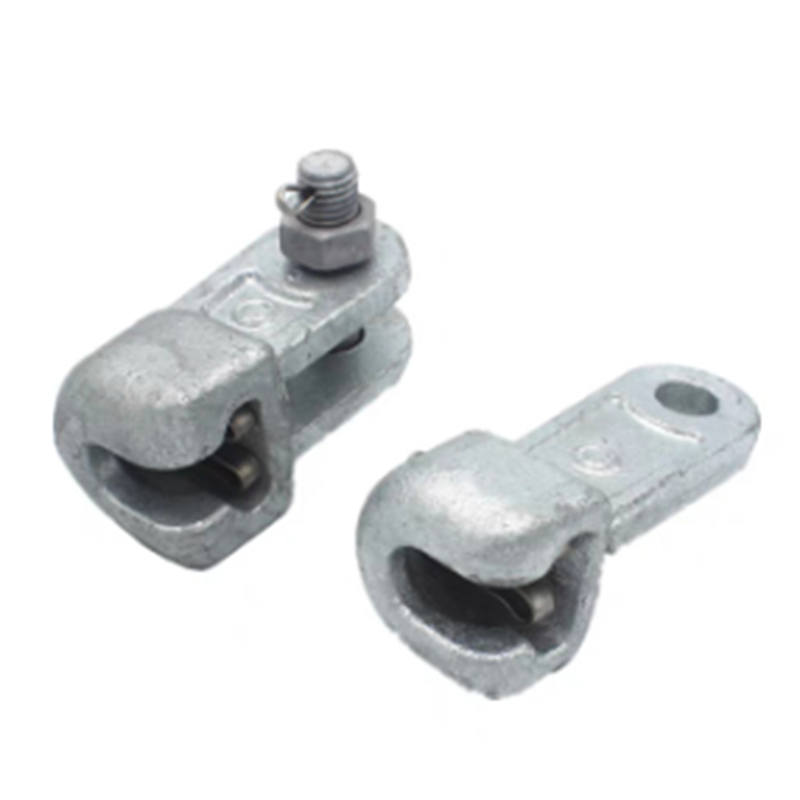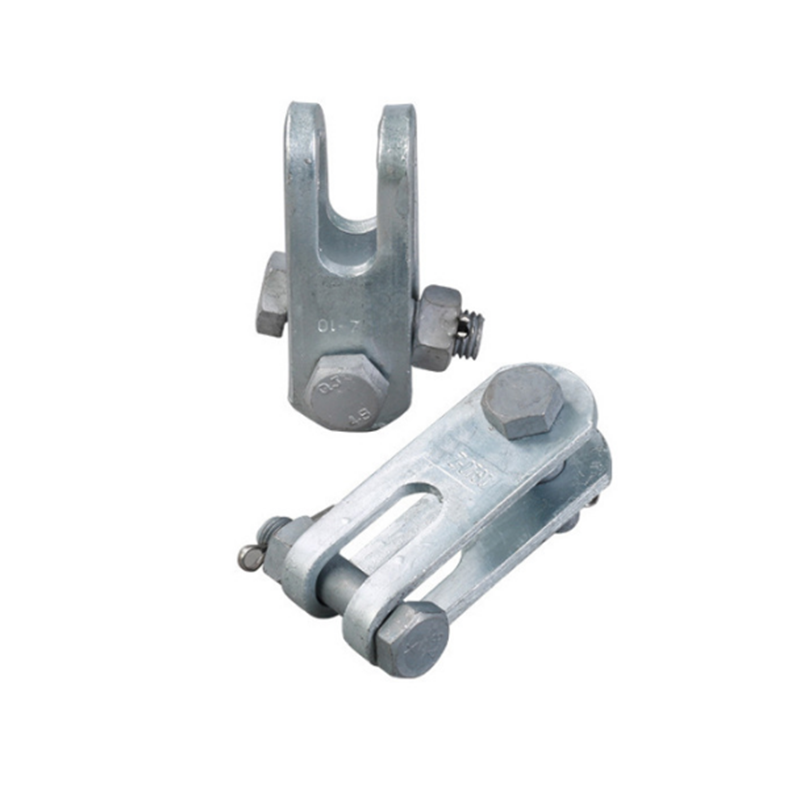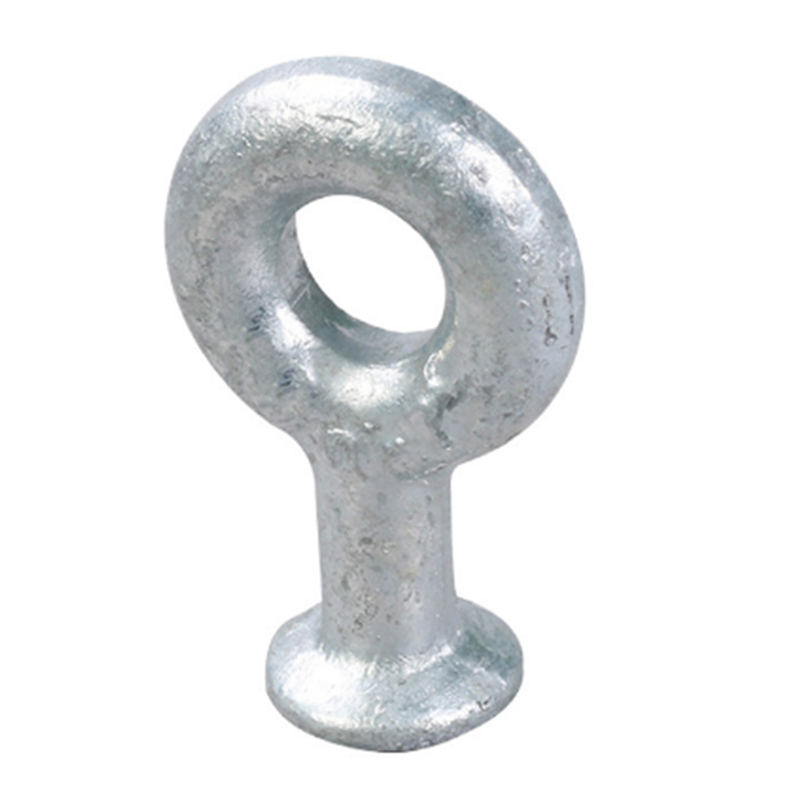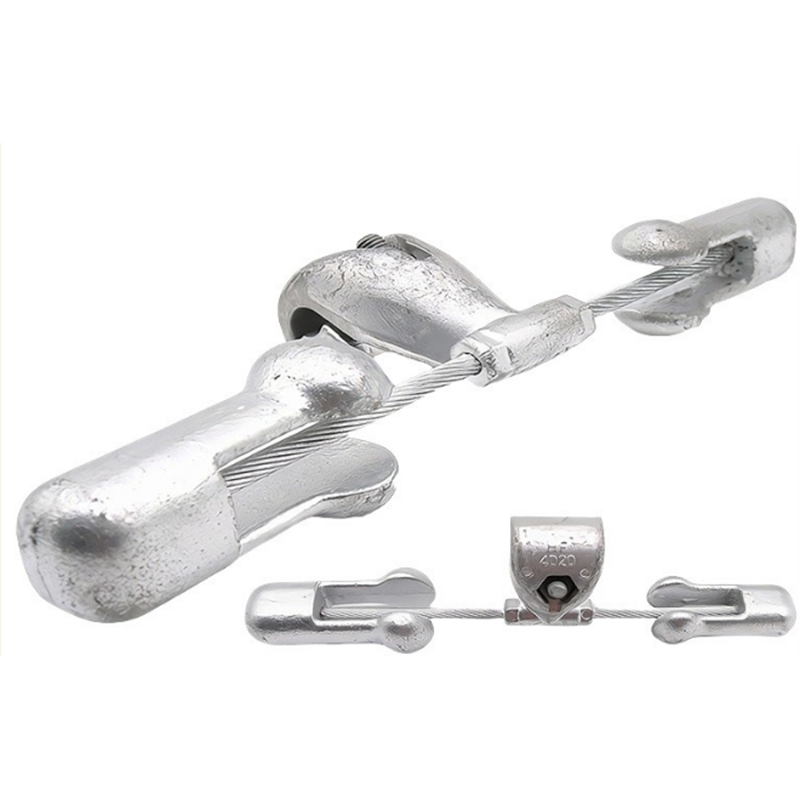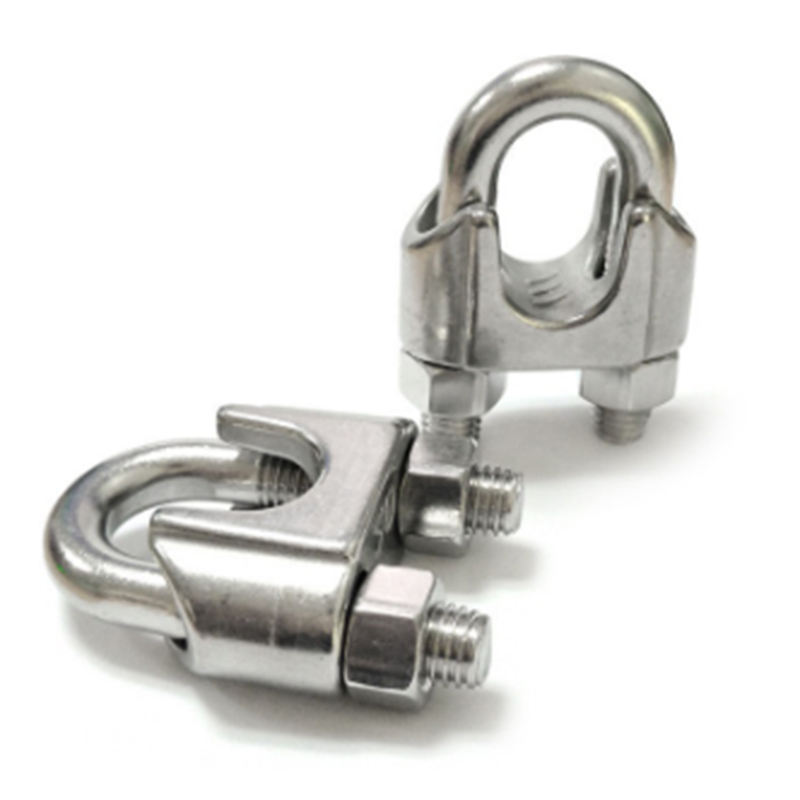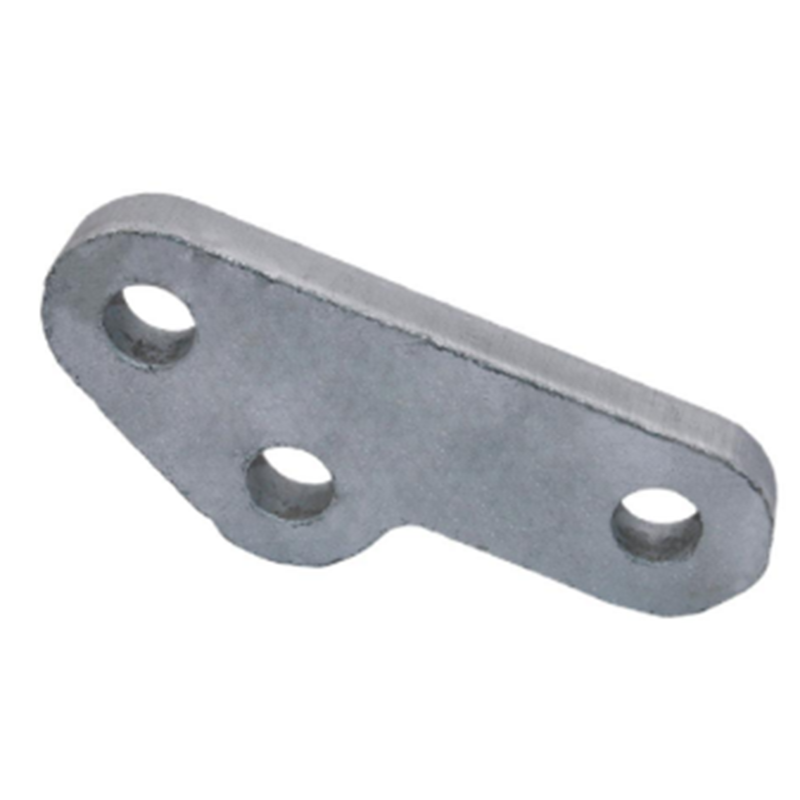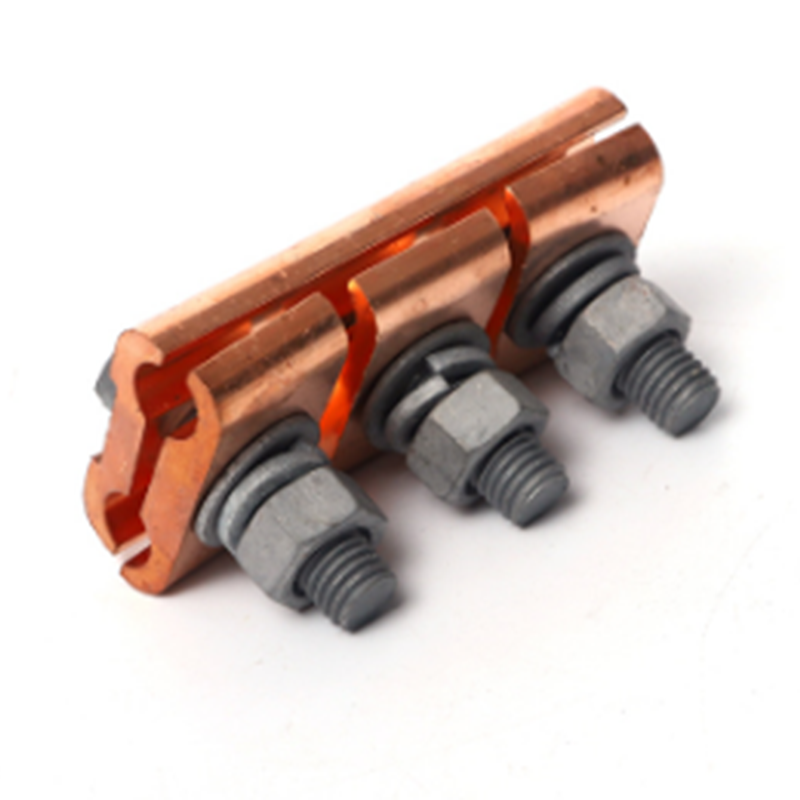- Chinese
- French
- German
- Portuguese
- Spanish
- Russian
- Japanese
- Korean
- Arabic
- Irish
- Greek
- Turkish
- Italian
- Danish
- Romanian
- Indonesian
- Czech
- Afrikaans
- Swedish
- Polish
- Basque
- Catalan
- Esperanto
- Hindi
- Lao
- Albanian
- Amharic
- Armenian
- Azerbaijani
- Belarusian
- Bengali
- Bosnian
- Bulgarian
- Cebuano
- Chichewa
- Corsican
- Croatian
- Dutch
- Estonian
- Filipino
- Finnish
- Frisian
- Galician
- Georgian
- Gujarati
- Haitian
- Hausa
- Hawaiian
- Hebrew
- Hmong
- Hungarian
- Icelandic
- Igbo
- Javanese
- Kannada
- Kazakh
- Khmer
- Kurdish
- Kyrgyz
- Latin
- Latvian
- Lithuanian
- Luxembou..
- Macedonian
- Malagasy
- Malay
- Malayalam
- Maltese
- Maori
- Marathi
- Mongolian
- Burmese
- Nepali
- Norwegian
- Pashto
- Persian
- Punjabi
- Serbian
- Sesotho
- Sinhala
- Slovak
- Slovenian
- Somali
- Samoan
- Scots Gaelic
- Shona
- Sindhi
- Sundanese
- Swahili
- Tajik
- Tamil
- Telugu
- Thai
- Ukrainian
- Urdu
- Uzbek
- Vietnamese
- Welsh
- Xhosa
- Yiddish
- Yoruba
- Zulu
- Kinyarwanda
- Tatar
- Oriya
- Turkmen
- Uyghur

Screw material
Screw Materials: Choosing the Right One for Your Application
When it comes to screws, the material choice isn't just about durability—it's about ensuring the entire system functions smoothly. Misjudge it, and you risk more than just replacing a few parts. Let's unpack what makes the perfect screw material, and why it matters more than you'd think.
Understanding Material Types
In my years of working in fastener manufacturing, I've learned that choosing the right screw material can be the difference between a resilient structure and one that fails prematurely. Common materials include steel, stainless steel, brass, and aluminum; each offers unique benefits and drawbacks.
For example, plain steel is commonly used due to its cost-effectiveness and strength. But, if corrosion is a concern, like it often is in coastal applications, then you'd be better off with stainless steel or a specially coated material.
Aluminum, while lightweight and resistant to oxidation, can be too soft for some heavy-duty applications. I've seen it used in applications where reducing weight was paramount, but it's crucial to balance this with the required load-bearing capacity.
Corrosion Resistance Considerations
Corrosion resistance is always a hot topic. In environments exposed to moisture or chemicals, such as marine or industrial settings, choosing a material like stainless steel or using a coating can be crucial. Shengfeng Hardware Fastener Factory, where I have observed various applications, often uses stainless steel for fittings in these challenging environments.
The use of zinc plating or galvanization on steel screws is another way to ward off rust. However, coatings can wear off over time, especially if the screws are subjected to mechanical wear or weathering.
The choice can sometimes be guided by economic factors too. While stainless steel offers excellent corrosion resistance, it might not fit the budget for every project.
Mechanical Properties and Load Considerations
Mechanical strength is another critical aspect. Here at Shengfeng Hardware Fastener Factory, we consider tensile strength, shear strength, and torsional strength when selecting screw material. This is particularly important in structural and load-bearing applications.
Each application has its specific needs. For heavy-duty requirements, high-tensile steel is preferred. I've often seen this used in construction for its balance between strength and ductility.
The key is knowing the demands of your particular application. What might work well in drywall might fail spectacularly in a different context.
Temperature and Environmental Factors
I can't emphasize enough how the operating environment plays into this decision. High-temperature environments might necessitate the use of materials like titanium or nickel alloys. These aren't your everyday screws, but in certain industries, they're indispensable.
In other cases, I've seen the simplest choice, like basic carbon steel, fail because of temperature fluctuations and associated expansions and contractions. It’s a small oversight but can lead to massive headaches down the line.
Shengfeng Hardware Fastener Factory often advises clients on these factors, drawing from a broad catalog of over 100 specifications available on our website at sxwasher.com.
Cost vs. Performance
At the end of the day, cost is often a determining factor. I always urge considering the long-term savings of choosing the right material versus the upfront costs. You may save initially with less expensive materials, but replacements and repairs can erode those savings quickly.
Brass, for example, offers a great balance between cost and corrosion resistance. It's not always the right fit but can be an excellent choice in certain electrical or aesthetic applications due to its appearance and conductivity.
Ultimately, it's about striking that balance. Assessing all factors—mechanical, environmental, and financial—is a routine exercise here at the factory.
Conclusion: Making the Right Choice
Choosing the correct screw material involves a careful analysis of various factors. From the steel vs. stainless debate to coating options and cost considerations, every application demands its own tailor-fit solution.
Drawing on experiences from manufacturing to end-user applications, I've learned that taking a holistic view on material choice always pays off. Checking with professionals, like those at Shengfeng Hardware Fastener Factory, known for our strategic location and expertise, can provide significant insights.
Remember, the right screw material is essential not just for durability but for ensuring everything fits just as securely as you planned.
Соответствующая продукция
Соответствующая продукция




